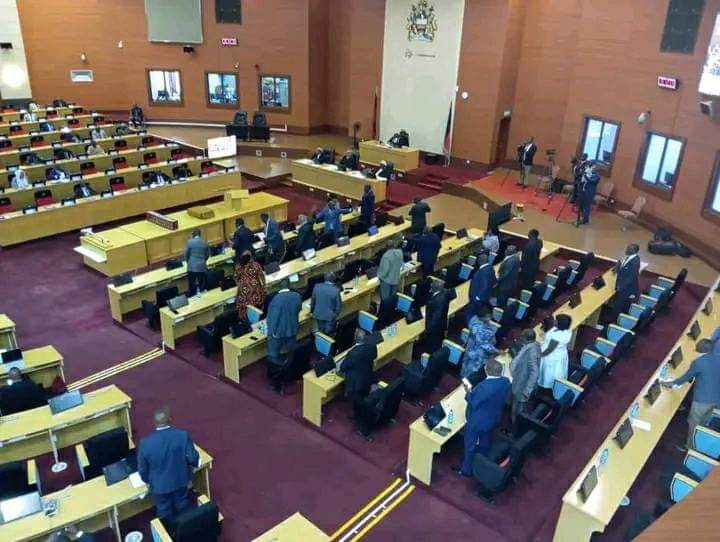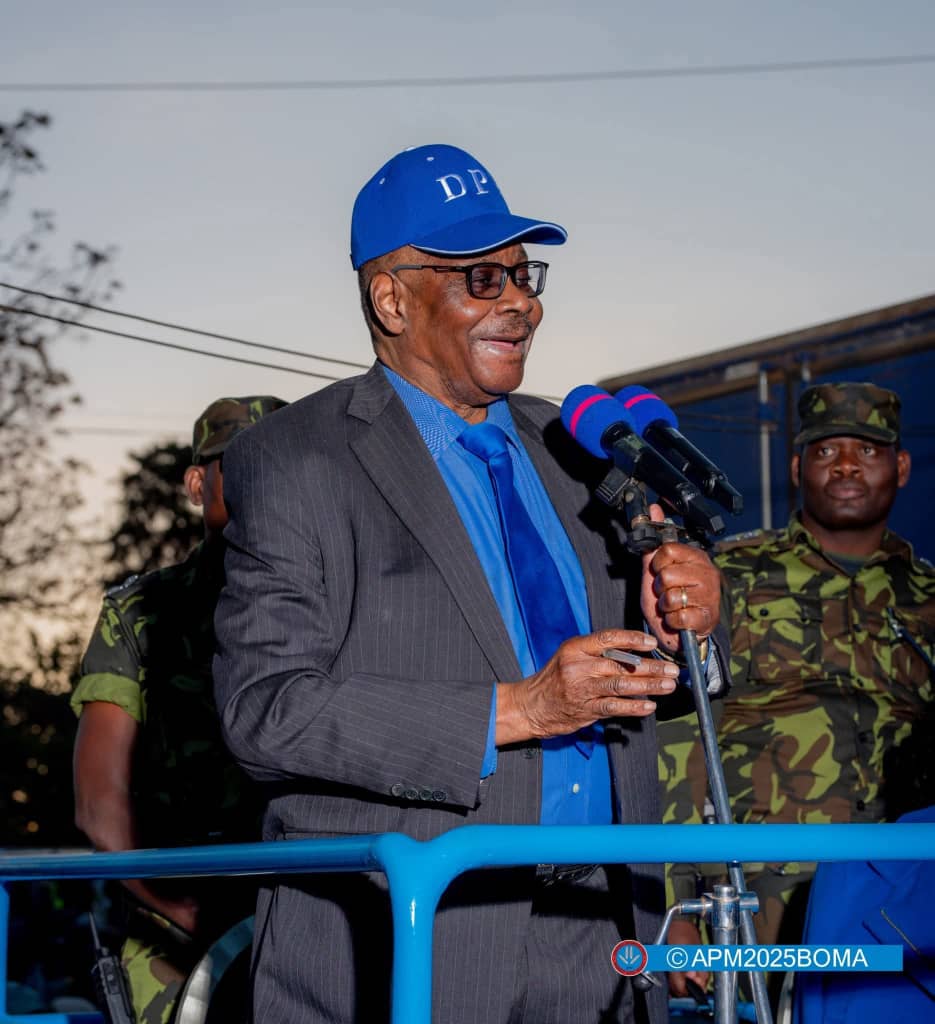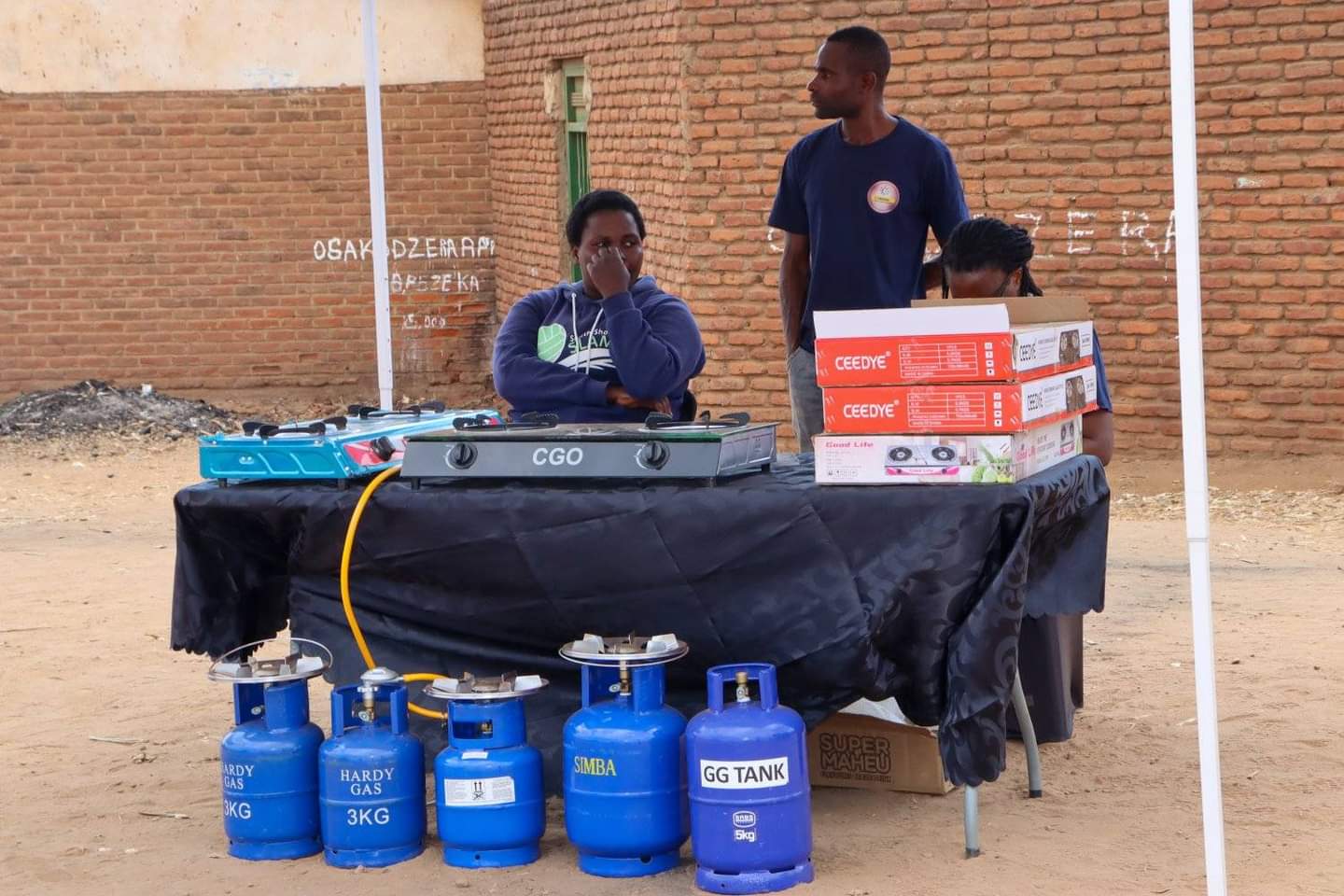By Burnett Munthali
In a strongly worded Facebook post that has sparked discussion among Malawian social media users, Ngambako Agabus Mwang’onda publicly expressed frustration over what he perceives as political interference and provocation by the ruling Malawi Congress Party (MCP).
The post, which reads, “MCP kodi bwanji? Tisiyeni. Ife pangani zanu. Zomatichingira ife ayi. (Mponera ndi pa Lumbadzi),” is a concise but emotionally charged statement that carries a deeper message about the state of political freedom and competition in Malawi’s democratic space.
By questioning the MCP with the words “Kodi bwanji?” Mwang’onda opens with a rhetorical challenge that implies disapproval of the party’s recent actions in certain localities.
His use of “Tisiyeni” (Leave us alone) is a plea for space—space to operate politically, socially, or economically without feeling suppressed or harassed by those in power.
This simple sentence reflects the sentiments of many opposition supporters in Malawi who feel marginalized or restricted in expressing their political affiliations, particularly in areas dominated by the ruling party.
Mwang’onda’s insistence that the MCP should “Pangani zanu” (Do your own things) reinforces the idea that every political grouping should have the right to mobilize and campaign independently without interference.
His next statement—“Zomatichingira ife ayi” (Stop blocking us)—takes the frustration further by directly accusing the MCP of obstructive behavior, suggesting that the ruling party may be using underhanded methods to intimidate or prevent other groups from engaging the electorate.
By specifically citing “Mponera ndi pa Lumbadzi,” Mwang’onda localizes his concerns, indicating that these areas have become hotspots of tension or political intolerance.
Mponela and Lumbadzi, both strategically located along the central route between Lilongwe and Kasungu, are politically significant areas where multiple parties often compete for influence.
The choice to name these locations implies that whatever conflict is occurring is not just theoretical—it is happening on the ground and potentially impacting real people and political activities.
Mwang’onda’s message is not just a complaint; it is a call for sanity and fairness in the political process.
It reflects a broader concern about how political rivalry in Malawi sometimes escalates into hostile behavior, often undermining the principles of democracy.
As Malawi moves toward its next election cycle, such statements should serve as early warning signs that the playing field may not be level for all parties.
Political intolerance, whether it manifests as verbal intimidation, denial of access to venues, or physical violence, threatens national unity and democratic gains.
It is important for leaders of all political parties, including the MCP, to take such concerns seriously and promote an environment where every citizen and party can participate freely.
The sentiments shared by Mwang’onda are also a reminder of the importance of civic vigilance in upholding constitutional freedoms such as freedom of association, expression, and assembly.
Social media, in this case, becomes a powerful platform for whistleblowing, awareness, and advocacy when traditional structures fail to address injustices swiftly.
The challenge now lies in ensuring that such voices are not just heard but respected, and that all stakeholders commit to peaceful coexistence and mutual respect in the spirit of multiparty democracy.
Malawi’s political future depends not on how strongly parties campaign, but on how fairly they compete and how peacefully they coexist.




